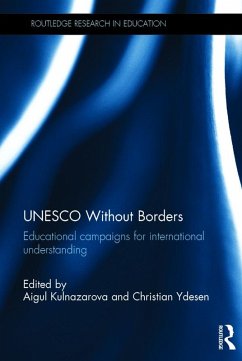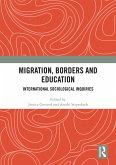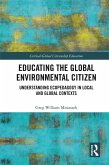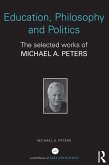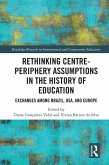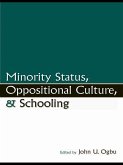With fifteen chapters by authors from cross-disciplinary and diverse geographical areas, this book assesses the global implications and results of UNESCO's educational policies and practices. It explores how UNESCO-approved guidelines of textbook revisions and peace initiatives were implemented in member-states, illustrating the existence of both national confrontations with the new worldview promoted by UNESCO, as well as the constraints of international cooperation.
This book provides an insightful analysis of UNESCO's past challenges and also indicates promising future research directions in support of international understanding for peace and cooperation. As such, it will be of key interest to researchers, postgraduate students, academics in the fields of international and comparative education, education politics and policies, and to those interested in the historical study of international organizations and their global impact. The book will also appeal to practitioners, especially those who conduct research on or work in post-conflict societies.
Dieser Download kann aus rechtlichen Gründen nur mit Rechnungsadresse in A, B, BG, CY, CZ, D, DK, EW, E, FIN, F, GR, HR, H, IRL, I, LT, L, LR, M, NL, PL, P, R, S, SLO, SK ausgeliefert werden.

